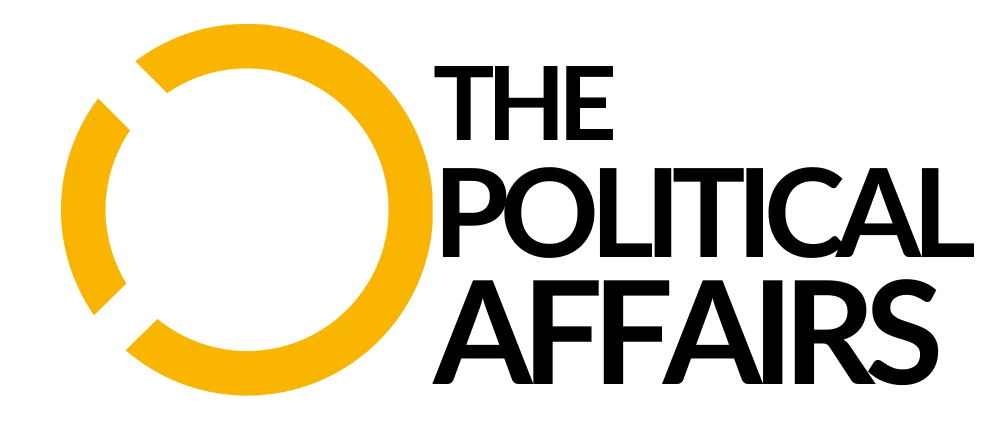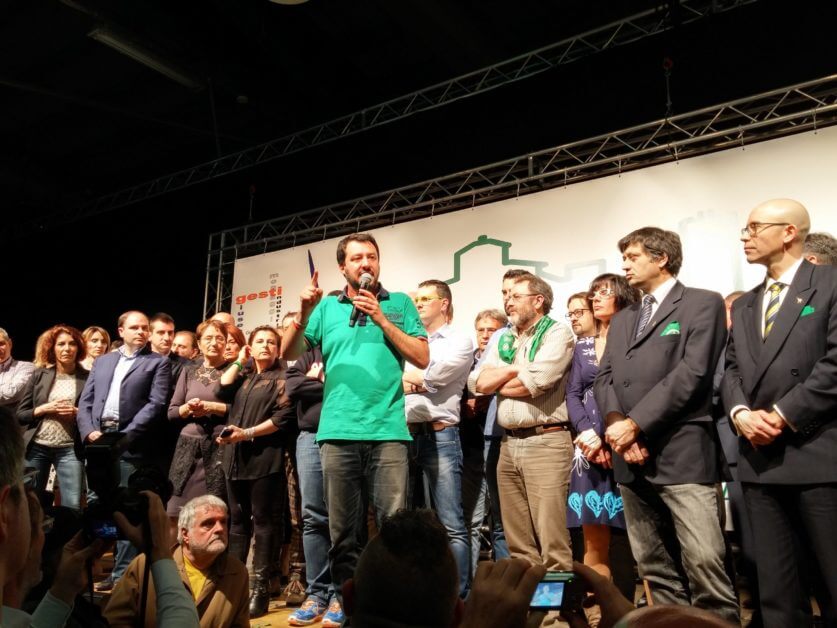In the last couple of years, the EU is hit with growing populism, and far-right parties are on the march everywhere. This makes the EU elections in May the most important so far in its history and could potentially bring tectonic shifts in Europe’s political landscape”,
The world of politics is constantly changing, and this is especially true in Europe. In the last couple of years, the EU is hit with growing populism and far-right parties are on the march everywhere. This makes the EU elections in May the most important so far in its history. If the previous elections were monotonous and somewhat uniform, this one could potentially bring tectonic shifts in Europe’s political landscape.
In a Bloomberg analysis, elections results show that support for radical-right parties is higher than any time over the past 30 years. All of these parties won 16 percent of the overall average vote in the most recent parliamentary election. These significant electoral gains have pushed the agenda and forced the centrist European parties to adapt especially on questions as immigration.
If this trend started in Eastern European countries now its also in the west European countries backyard and with Brexit happening, it is making serious pressure on the centrists and technocrats of the EU.
Populism and alternative right in Europe
Italy is notably the most dangerous country for Brussels as it is the third economy in the Eurozone and has parties with far-right tendencies in government. After the 2008 financial crisis, Italy felt the greatest burden in the migrant crisis dealing with thousands of migrants on their shore from Libya. In this kind of political uncertainty, two populist parties benefited and came to power, the anti-establishment Five Star Movement and right-wing League – formed a coalition government where their joint policy for government includes plans for mass deportations for undocumented migrants.
Next, pressure from far-right parties gaining popularity was Germany where for the first time a far-right party Alternative for Germany (AfD) entered the federal parliament in 2017. Their popularity came after Angela Merkel 2015 open-door policy for refugees when one million mostly Muslim migrants came from Syria, Iraq, and Afghanistan. This led to a change in attitudes from Chancellor Merkel where she said in the first major speech of her new term that the “humanitarian exception” of 2015 would not be repeated.
By now most of Europe is familiar with Marine Le Pen who is the leader of the far-right National Front which blames the EU for mass immigration.
The Netherlands also has its anti-migration Freedom Party of Geert Wilders who came in second in the elections.
In the previous year in Austria the Freedom Party (FPÖ) has become a coalition partner in the government of Conservative Chancellor Sebastian Kurz.
Even in Scandinavia in Sweden which is associated with generous social welfare and tolerance of minorities the anti-immigration Sweden Democrats (SD) won 18% of the vote. In this case, popularity is also correlated with immigration in a country that welcomed more asylum-seekers per capita than any other country.
The picture in Hungary and Poland is almost out of control where Brussels seems to cannot find any way to change the erosion of democracy and taking control of the courts and state media. Orban is now in his third term which he secured in a landslide victory and together with Poland are leading the Visegrad Group in opposing EU plans to compel countries to accept migrants under a quota system. His anti-EU campaign and forcing out the CEU (Central European University) has led Orbán’s Fidesz party to be suspended from the European People’s Party (EPP). Such action will remove voting rights, and it will mean no attendance and no right to propose new candidates for posts.
What factors contribute to rising populism?
From this trend, we can almost with certainty say that immigration is the main fuel for populist and far-right parties. But this is happening in countries which didn’t feel any pressure from the immigration crisis as the Czech Republic.
Even though immigration, unemployment, and Euroscepticism are the main driving factors surely something more is contributing to this success of the populist parties. Some argue that the clear populist message and the capitalization on peoples fears are one of the factors.
The politicians in Brussels cannot translate powerful slogans and ideas as the populist on questions like immigration and the economy. The populist and far-right groups give over-simplistic views which are linked between the EU bureaucracy and the dissatisfaction in the post-economic crisis in 2008.
Also, the popularity of social media has given room for populist leaders and parties to spread their messages and get the exposure needed. The dilution of national identity in the EU project is often easy critiqued in the face of crisis where for the populist it is the “nation” which needs to step in and protect its people.
The lack of accountability and transparency in the EU institutions which were created “to protect liberal principles from illiberal democratic majorities” are the perfect target for populist messages.
Susi Dennison, an EU expert with the European Council on Foreign Relations, says that the nationalists “have done a better job of understanding the emotions that are driving European politics at the moment than the centrist parties have.”
This presents us with the biggest challenge for the EU. Who will speak on its behalf because for now, it seems ” mostly the Eurocrats”. They are lacking communication, charisma and focus on the main problems facing the EU.
Nonetheless, it is clear even to the populist leaders that Europe functioning as separate nations states again will make them incapable of dealing with problems as immigration, security and competing economically with the other great powers.
Will the European elections reshape the EU?
The elections in May will reshape the Union for better or for worse. For now, populist and far-right parties are acting separately, going with the flow of emotions from their supporters. They do not have an organizational or collective structure as the centrist parties.
But last years meeting of the former chief strategist Stephen Bannon and the charismatic minister of interior of Italy Mateo Salvini discussing a hard-line coalition is a sign that things may change in that direction.
If right-wing populist parties have a big success in this year election and form a strong coalition based on their principles, they will remake the EU from inside which is far worse than leaving the EU and pursuing their nationalistic goal separately.
Either way the European project is showing signs of political division never seen before, which will surely bring significant changes after May’s elections.

